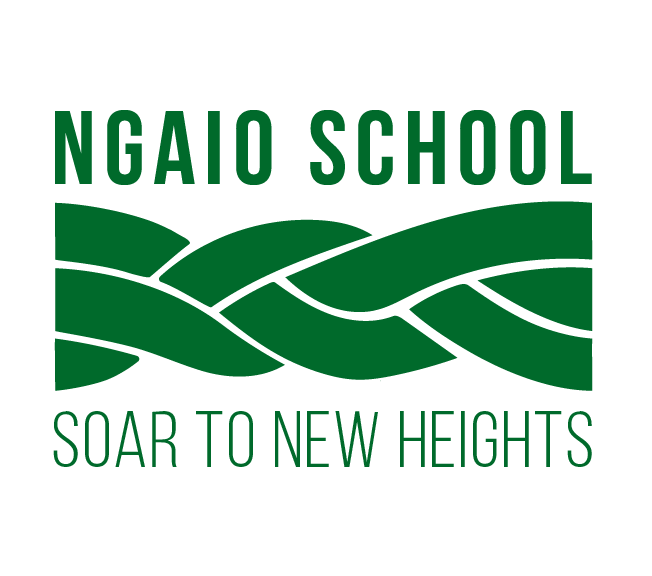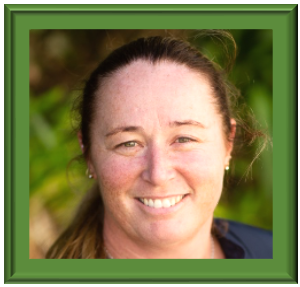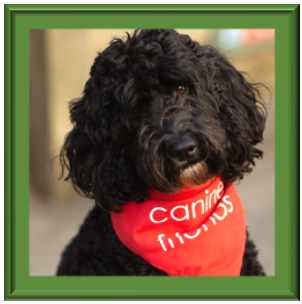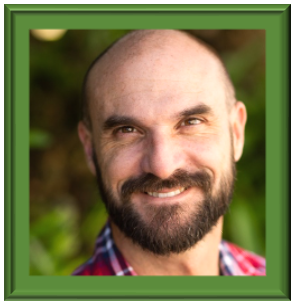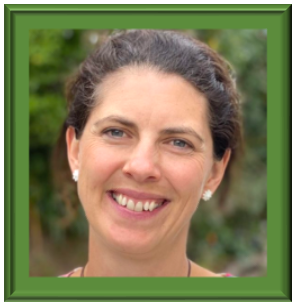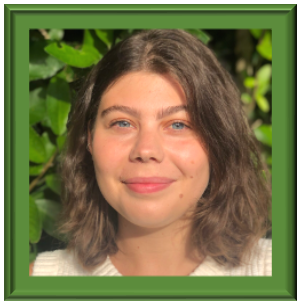Tūī Syndicate is our Year 4 to 6 syndicate. Composite year 4/5 classes are located in the lower area of the school. Year 6 classes are in the lower rooms of the two story block adjacent to the office. As students enter Tūī, they have an increasing range of roles and responsibilities within the school e.g. Sports Leaders, Peer Mediators, Road Patrollers and Ngā Rangatahi o Ngaio members, MacAttackers, Buddy Readers, Junior Journalists and the Enviro Team.
Tūī Syndicate has a Tuakana/Teina model based on developing relationships between our children and helping prepare them for future leadership roles within Tūī Syndicate.
Planned experiences through Education Outside the Classroom programmes (EOTC) help develop resilience and confidence in our learners. Our school’s ROCKET Values form a basis for these and are central to all our learning in Tūī. One highlight for our Year 6 students is Forest Lakes Camp. Pedal Ready is also an integral programme planned each year. These programmes help increase confidence and provide challenge.
Communication with Whanau and continually developing children’s well-being are essential to our core practice. As year 6 akōnga grow and venture off to intermediate, our teachers recognise that this is an essential time for support and guidance. It can be a time of apprehension and change. Our teachers liaise with families and contributing schools to help support transition of students to intermediate school.
Below you will find important information about our Tūī Syndicate Team.
